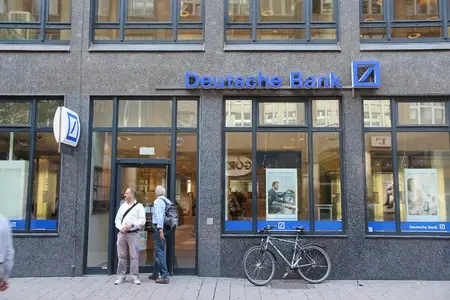What the Heck is a CoCo?
CoCos – aka contingent convertible bonds – are issued by big banks like Barclays, Deutsche Bank, and UBS. They are sold to investors and are sometimes used in lieu of cash as compensation to traders and others that get paid each year with a large bonus. They became popular after the financial crisis of 2008 as a way to attract investment dollars without flunking the stress test that Governments were now requiring of banks in order to prevent another financial crisis. Banks could use CoCos to raise money, and if their health worsened, they could convert the bonds into stock in order to preserve the strength of the bank’s balance sheet.
Old-school Convertible Bonds
They are bonds that pay you interest and eventually pay you in full when they mature. They are also convertible into stock if certain things happen. That sounds great on the surface: “Wow, I get regular interest payments, then if the stock goes up, I can take part in some of that upside!” However, they work in sort of a backwards fashion to normal convertible bonds. Your typical convertible bond will have a strike price that the stock must cross before the bond can be converted into stock.
You might buy it when the stock is trading at $20. If the stock goes to $25 or higher, then the bond can be converted into stock. Let’s say you bought $10,000 worth of bonds with a 3% yield. They have a conversion rate of 40:1 based on a par value of $1000. If the price goes to $30 a share, you can get 400 shares worth $30 by converting your bonds ($12,000 value). That’s a 20% return. Of course, the issuing company can offer these bonds at a lower rate than they would pay on non-convertible bonds because those would not have the possible upside that convertibles have.
CoCos Take a Backwards Approach
CoCos are like convertibles in that they are bonds that can convert to stock. However, investors don’t really want them to convert into stock. They are set up to convert into stock when something negative is triggered. This might be the stock dropping BELOW a certain price or the bank’s capital ratio (the amount of capital a bank is required to maintain) dropping below a certain level. So when the bank’s health is weakened or its prospects get worse, you stop receiving the regular coupon payment or the promise to be re-paid in full when the bonds mature. Instead, you become a shareholder of the bank.
Investors accept this risk for a couple of reasons. In the case of the traders getting paid in CoCos, they don’t really have a choice. That is how they are paid and they can just accept it and do whatever they can at their job to ensure the bank’s capital ratio and overall health remains strong. For other investors, they would demand a higher interest rate than a normal convertible bond or normal corporate debt in general. In the event that the bank is really struggling (like presumed to be headed toward a government bailout), the yields can be extremely high.




